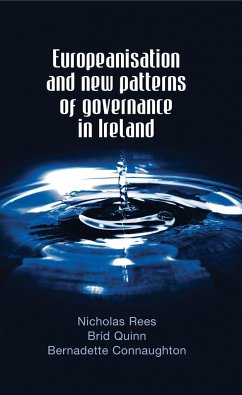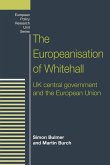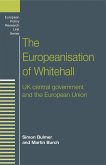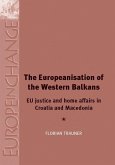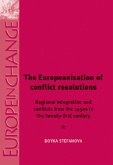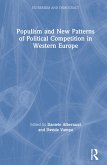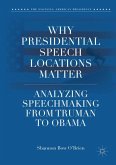To what extent did Europeanisation contribute to Ireland's transformation from 'poor relation' to 'peer idol'? This book examines how Europeanisation affected Irish policy-making and implementation and how Ireland maximised the policy opportunities arising from membership of the EU while preserving embedded patterns of political behaviour. It focuses on the complex interplay of European, domestic and global factors as the explanation for the changing character of the 'Celtic Tiger'. The authors demonstrate that, although Europeanisation spurred significant institutional and policy change, domestic forces filtered those consequences while global factors induced further adaptation. By identifying and assessing the adaptational pressures in a range of policy areas the book establishes that, in tandem with the European dimension, domestic features and global developments were key determinants of change and harbingers of new patterns of governance.

